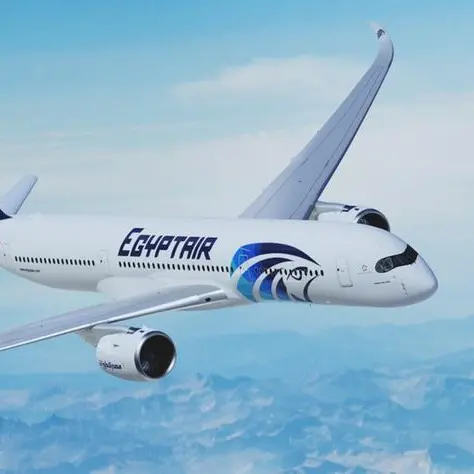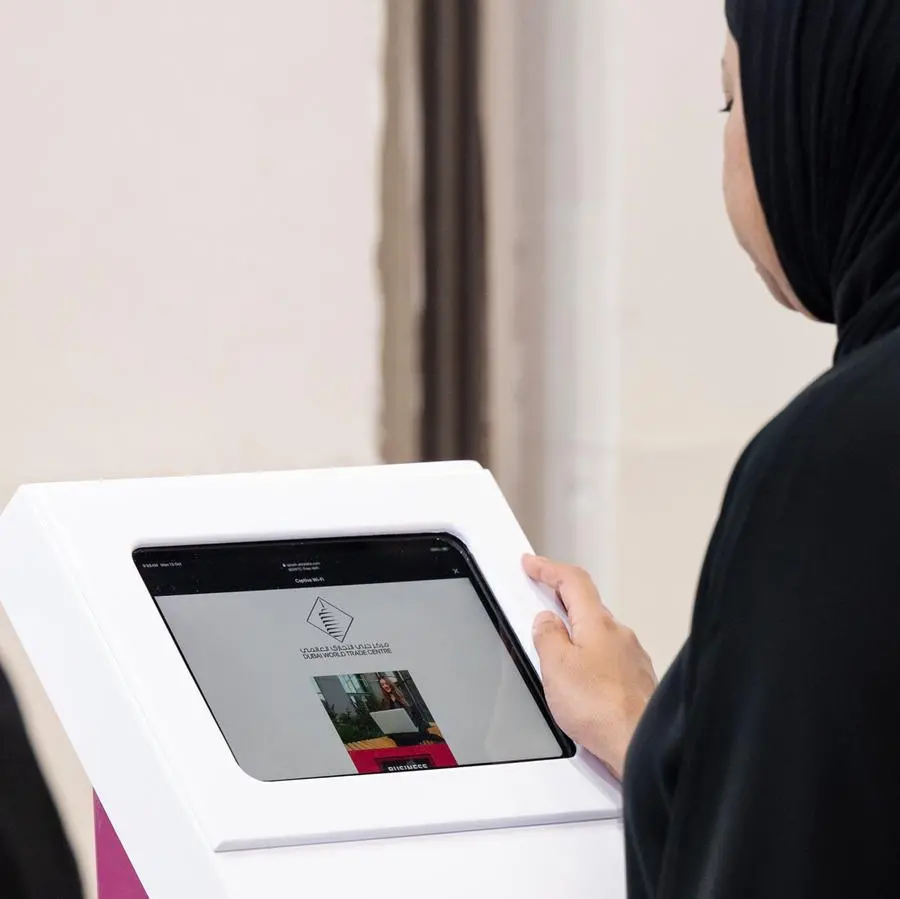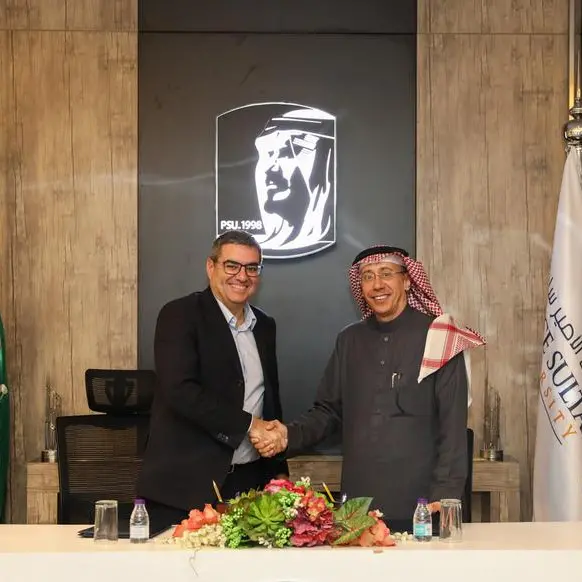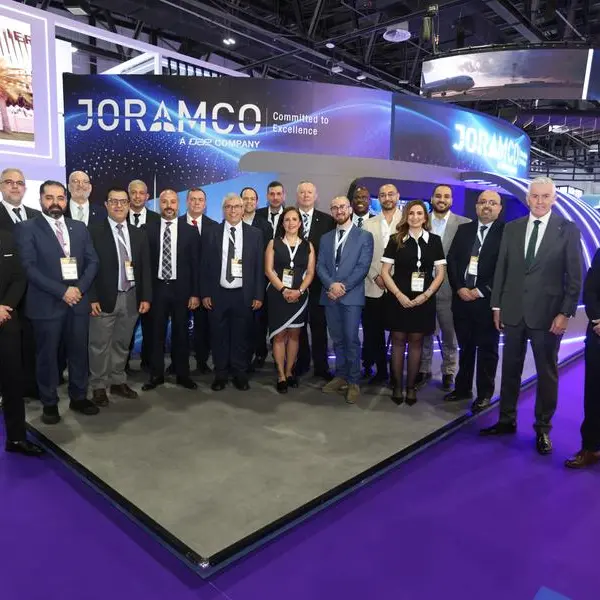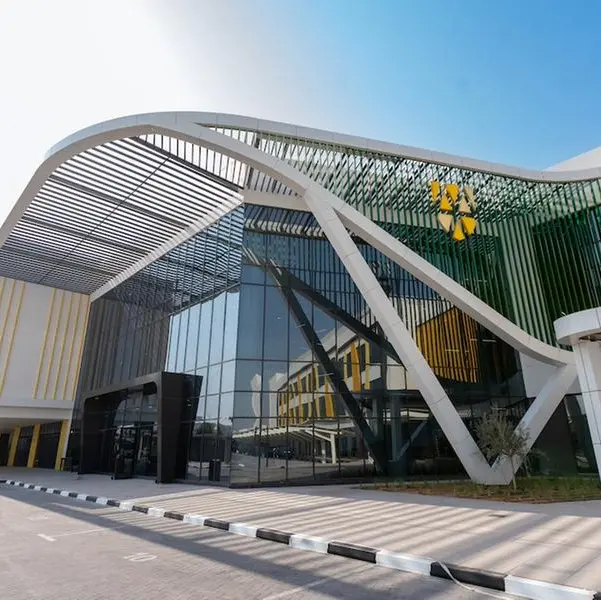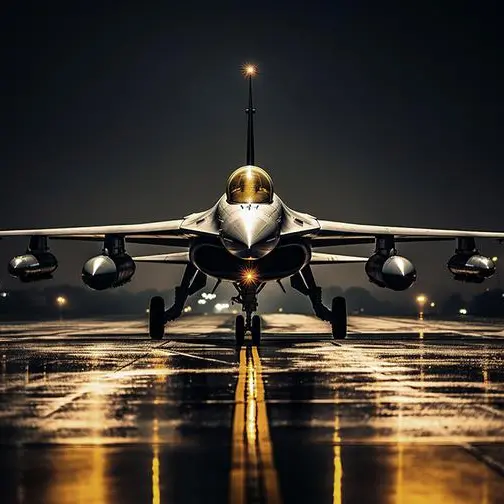Courtesy of the artist and Sfeir-Semler, kurimazutto and Thomas Dane and Galleries.
Akram Zaatari: Against Photography. An Annotated History of the Arab Image Foundation
Sharjah Art Foundation presents the exhibition Akram Zaatari: Against Photography. An Annotated History of the Arab Image Foundation. Running from 27 September 2019 through 10 January 2020, this exhibition reflects on the evolution of the Arab Image Foundation (AIF) and its collections through the work and contributions of its co-founder Akram Zaatari. The exhibition opening will be accompanied by a talk between the artist and the curator, followed by a curator-led tour. Further details are available on the foundation’s website.
Since 1995, photographic objects have been the centre of Akram Zaatari’s artistic practice. They represent photographs and all what relates to their material being. Enigmatic objects that reach us bearing traces of past events. We grasp part of their histories, but much of it remains unknown although they accompany people through key moments in their lives. Cherished at times, destroyed at others, photographs are capable of provoking diverse and extreme reactions. Initially produced as instant captures, they transform over time. The perception of the image changes with time, but sometimes the object itself is physically altered as a result of its natural, social and political environments.
The desire to own photographs, to look for them and collect them, is rooted in a spectrum of motivations ranging from the personal to the scientific, the historical or the commercial. Objects of desire at first, photographs quickly become currency in a larger regime of emotion, enquiry or the accumulation of cultural goods that is not immune to capital and power.
In 1997, Zaatari co-founded the AIF, partly to contain and regulate the activity of collecting photographs, but also to organise the collection within an institutional framework and expand it through multiple modes of acquisition. AIF lies in the critical intersection of two archival practices: institutional and artistic. Over the past twenty years, AIF has been the medium through which many of Zaatari’s projects and interests have been developed.
Against Photography traces Zaatari’s various contributions to expanding our understanding of photography, its function and universe, through photographic research on one hand, and through the study of the evolution of the AIF, its collections and the debates triggered within it in the past twenty years.
In the exhibition, the AIF collection unfolds through selected works of significance to the artist. Some photographs presented here depict a surging modernity in the Arab world through self-representation in front of a camera, this new invention accessible in the beginning only to a privileged few, and to the majority in the fifties. Other works focus on what Zaatari calls photographic formations or emergences, which are the traces that time leaves on the material of photographs. These works suggest that the photographic image contains multiple histories. If the instant represented in a photograph point at a history, the curls and other traces recorded on a photograph’s body point at another history.
The AIF collection unfolds through the graphic, textual and filmic mapping of its contents. An abstraction of AIF’s cool storage room represents the spatial constraints that have governed its organisational measures, while a schematic map details the collections by volume and countries of origin. Accompanying the map is The Book of All Collections, which tells the story behind each collection. Two films look at photographic objects as containers and narrators of personal histories, evoking the clinical environment imposed on them by standard conservation measures and raising the problematics of the displacement of photographs away from their original environments.
Akram Zaatari produces videos, installations of photographic material and books on a range of interconnected themes, subjects and practices related to excavation, political resistance and the production and circulation of images in times of war. His works are part of the permanent collections of the Centre Georges Pompidou, Paris; Solomon R. Guggenheim, New York; Hammer Museum, Los Angeles; Museum of Contemporary Art Chicago; Museum of Modern Art, New York; Serralves Foundation, Porto, Portugal; Tate Modern, London and Walker Arts Center, Minneapolis, US, among others.
Born in 1966 in Saida, the artist currently lives and works in Beirut.
Organised by Museu d’Art Contemporani de Barcelona and the National Museum of Modern and Contemporary Art, Korea, in collaboration with Sharjah Art Foundation, this exhibition is curated by Hiuwai Chu (Curator, MACBA) and Bartomeu Mari (Director, MALI, Lima). It was previously presented at the National Museum of Modern and Contemporary Art, Seoul (2018); K21, Kunstsammlung Nordrhein-Westfalen, Düsseldorf (2017); and Museu d’Art Contemporani de Barcelona (2017). For more information, visit sharjahart.org.
This exhibition is part of Sharjah Art Foundation’s autumn season. Also open this month on 27 September are the exhibitions Lasting Impressions: Adam Henein and ’32: The Rescore, the second annual Air Arabia Curator in Residence Exhibition. The three September shows will be followed by the openings of Monir Shahroudy Farmanfarmaian: Sunset, Sunrise, Bani Abidi: Funland, and March Project 2019 Exhibition (12 October); Marwan Rechmaoui: Slanted Squares (2 November); and Sharjapan2 (20 December). This season will also see the second editions of the annual art book fair FOCAL POINT and the annual film festival Sharjah Film Platform (SFP). Visit sharjahart.org to learn more about the foundation’s upcoming exhibitions and events.
About Sharjah Art Foundation
Sharjah Art Foundation is an advocate, catalyst and producer of contemporary art within the Emirate of Sharjah and the surrounding region, in dialogue with the international arts community. Under the leadership of founder Hoor Al Qasimi, a curator and artist, the foundation advances an experimental and wide-ranging programmatic model that supports the production and presentation of contemporary art, preserves and celebrates the distinct culture of the region and encourages a shared understanding of the transformational role of art. The foundation’s core initiatives include the long-running Sharjah Biennial, featuring contemporary artists from around the world; the annual March Meeting, a convening of international arts professionals and artists; grants and residencies for artists, curators and cultural producers; ambitious and experimental commissions and a range of travelling exhibitions and scholarly publications.
Established in 2009 to expand programmes beyond the Sharjah Biennial, which launched in 1993, the foundation is a critical resource for artists and cultural organisations in the Gulf and a conduit for local, regional and international developments in contemporary art. The foundation’s deep commitment to developing and sustaining the cultural life and heritage of Sharjah is reflected through year-round exhibitions, performances, screenings and educational programmes in the city of Sharjah and across the Emirate, often hosted in historic buildings that have been repurposed as cultural and community centres. A growing collection reflects the foundation’s support of contemporary artists in the realisation of new work and its recognition of the contributions made by pioneering modern artists from the region and around the world.
Sharjah Art Foundation is a legally independent public body established by Emiri Decree and supported by government funding, grants from national and international nonprofits and cultural organisations, corporate sponsors and individual patrons. All exhibitions are free and open to the public.
About Sharjah
Sharjah is the third-largest of the seven United Arab Emirates and the only one bridging the Arabian Gulf and the Gulf of Oman. Reflecting the deep commitment to the arts, architectural preservation and cultural education embraced by its ruler, Sheikh Dr Sultan bin Mohammad Al Qasimi, Sharjah is home to more than 20 museums and has long been known as the cultural hub of the United Arab Emirates. In 1998, it was named UNESCO's 'Arab Capital of Culture' and has been designated the UNESCO ‘World Book Capital’ for the year 2019.
Media Contact
Alyazeyah Al Reyaysa
+971(0)65444113
alyazeyah@sharjahart.org
Disclaimer: The contents of this press release was provided from an external third party provider. This website is not responsible for, and does not control, such external content. This content is provided on an “as is” and “as available” basis and has not been edited in any way. Neither this website nor our affiliates guarantee the accuracy of or endorse the views or opinions expressed in this press release.
The press release is provided for informational purposes only. The content does not provide tax, legal or investment advice or opinion regarding the suitability, value or profitability of any particular security, portfolio or investment strategy. Neither this website nor our affiliates shall be liable for any errors or inaccuracies in the content, or for any actions taken by you in reliance thereon. You expressly agree that your use of the information within this article is at your sole risk.
To the fullest extent permitted by applicable law, this website, its parent company, its subsidiaries, its affiliates and the respective shareholders, directors, officers, employees, agents, advertisers, content providers and licensors will not be liable (jointly or severally) to you for any direct, indirect, consequential, special, incidental, punitive or exemplary damages, including without limitation, lost profits, lost savings and lost revenues, whether in negligence, tort, contract or any other theory of liability, even if the parties have been advised of the possibility or could have foreseen any such damages.
